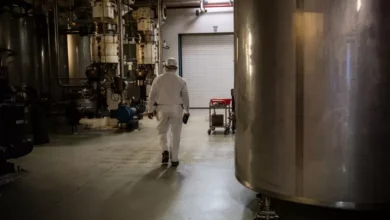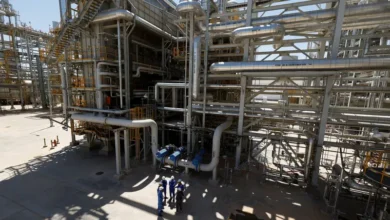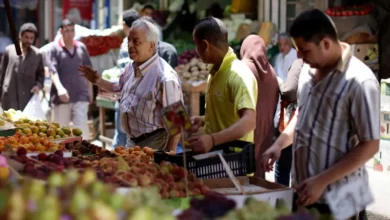Vision 2030: What are Saudi Arabia’s overarching goals?
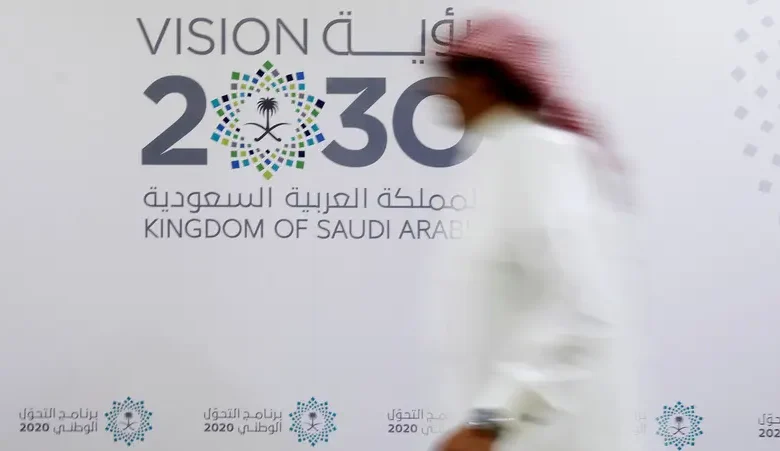
In 2016, Saudi Arabia’s Crown Prince Mohammed bin Salman launched the Kingdom’s Vision 2030 reform plan.
Under the directive of King Salman bin Abdulaziz and the Crown Prince, the country began its journey of unprecedented historic transformation by implementing reforms in the public sector, economy, and society as a whole.
The efforts made so far have led to improved government efficiency, new growth and investment opportunities, greater global engagement, and enhanced the quality of life of Saudi citizens.
With six years remaining to achieve all objectives outlined in Vision 2030, here are the overarching goals of the Kingdom’s ambitious plan:
Create a vibrant society
The first goal of Vision 2030 is to cultivate a content and fulfilled society, laying the foundation for the attainment of economic prosperity.
According to the Kingdom’s Vision 2030 official website, the goal focuses on creating strong roots that embrace modern Islam, national pride and Saudi heritage and culture, while also providing world-class entertainment options, sustainable living, and efficient health and social care systems.

The objectives to achieving a vibrant society are: increasing the average life expectancy from 74 years to 80 years; raising Saudi Arabia’s Social Capital Index from 26th place to 10th place; having three Saudi cities rank in the top 100 globally; increasing the population’s rate of weekly exercise from 13 percent to 40 percent; increasing household annual spending on local cultural and entertainment activities from 2.9 percent to 6 percent; doubling the number of Saudi properties inscribed on the UNESCO World Heritage List; and increasing Saudi Arabia’s annual capacity to welcome Umrah visitors from 6.2 million to 30 million.
Women’s empowerment and youth engagement are also top priorities of social reform in the Kingdom. Meanwhile, greater access to education and jobs are making the Kingdom a more inclusive society.
To enhance the quality of life in Saudi Arabia, the Kingdom is prioritizing physical, psychological and social well-being. This involves becoming a host for world-class entertainment events spanning from concerts and premier art festivals to global sporting events.

The government is also dedicated to improving and digitizing public services to better meet the needs of citizens, residents and businesses.
Build a thriving economy
The second objective of Vision 2030 is to build a thriving economy by creating an environment that supports economic growth and generates job opportunities for citizens.
Women’s empowerment and youth engagement are top priorities for economic growth in the Kingdom. Saudi Arabia intends to achieve this by leveraging its unique location and potential, attracting top talent and increasing global investment.
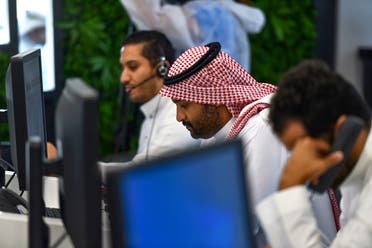
To become a leading global economy, Saudi Arabia aims to improve its business environment, restructure its economic cities by creating special zones and deregulate the energy market to make it more competitive.
It has also launched new sectors and privatized some government services to diversify the country’s economy and ensure its sustainability.
The country aims to leverage its unique geolocation to become a major hub for international trade and form new partnerships that help grow its economy, as well as support the Kingdom’s domestic companies by increasing exports.
The main targets to achieving a thriving economy are: increasing Saudi Arabia’s share of non-oil exports in non-oil GDP from 18.7 percent to 50 percent; raising Saudi Arabia’s Logistics Performance Index ranking from 49 to 25; increasing the private sector’s contribution to the country’s GDP from 40 percent to 65 percent; increasing foreign direct investment’s contribution to the GDP from 3.8 percent to 5.7 percent; raising Saudi Arabia’s Global Competitive Index ranking from 25th place to top 10; increasing the Public Investment Fund’s assets from more than $159 billion to more than $1.86 trillion; raising Saudi Arabia’s economic position from the 19th largest to the top 15; and increasing the localization of the oil and gas sector from 40 percent to 75 percent.
Become an ambitious nation
According to the Vision 2030 website, the third overarching goal of the reform plan is to become an ambitious nation.
A well-governed country that is transparent and accountable will encourage all society – citizens, businesses, and non-profit organizations – to play a leading role in pursuing opportunities that advance Saudi Arabia’s collective future.
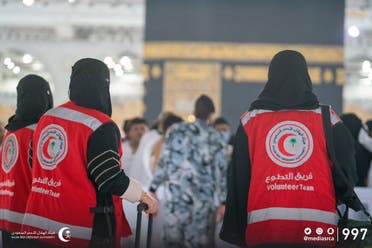
The Saudi government is committed to being transparent and accountable, managing its finances efficiently and effectively, being agile and tracking its performance.
Under this goal, the non-profit sector plays an important part in Saudi society and in the needs of communities and promoting social progress.
The targets under this goal are: rallying one million volunteers annually compared to 11,000 in 2016; increasing the nonprofit sector’s contribution to the GDP from less than 1 percent to 5 percent; increasing household savings of the total income from 6 percent to 10 percent; raising Saudi Arabia’s E-Government Survey Index ranking from 36th place to the top 5; raising Saudi Arabia’s Government Effectiveness Index ranking from 80th place to 20th; and increasing non-oil government revenue from $43 billion to $265 billion.



